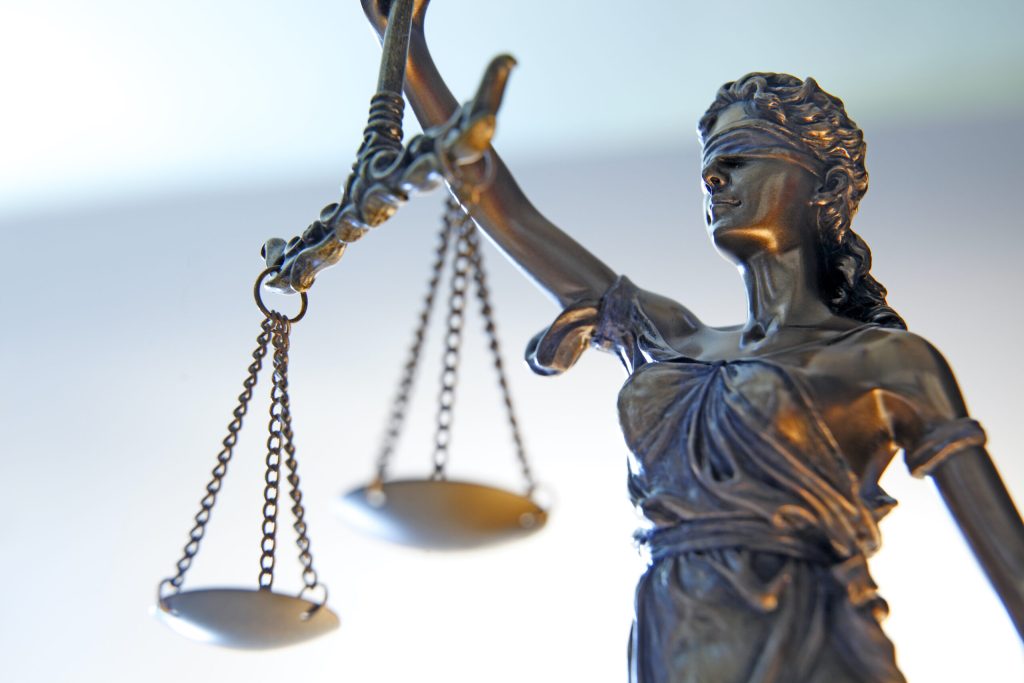Civil rights are fundamental rights and freedoms guaranteed to all individuals by law, regardless of race, gender, age, religion, disability, or other protected characteristics. Unfortunately, discrimination and civil rights violations continue to occur in various aspects of society, including the workplace, housing, education, and public accommodations. In this blog post, we’ll explore the importance of protecting your civil rights, common forms of discrimination, and how individuals can seek accountability and compensation for violations.
Understanding Civil Rights: Civil rights encompass a wide range of rights and protections guaranteed by law, including:
- The right to equal treatment and nondiscrimination in employment, housing, education, and public accommodations.
- The right to freedom of speech, religion, and assembly.
- The right to due process and equal protection under the law.
- The right to be free from harassment and retaliation for exercising your civil rights.
Common Forms of Discrimination: Discrimination can take many forms and may occur based on various protected characteristics, including race, gender, age, disability, religion, national origin, and sexual orientation. Common forms of discrimination include:
- Employment discrimination: Such as hiring, firing, promotion, or pay decisions based on protected characteristics.
- Housing discrimination: Such as refusal to rent or sell housing, discriminatory terms or conditions, or unequal treatment in housing transactions.
- Education discrimination: Such as denial of educational opportunities, unequal treatment, or harassment based on protected characteristics.
- Public accommodations discrimination: Such as denial of access to goods, services, facilities, or accommodations based on protected characteristics.
Seeking Accountability for Violations: If you believe your civil rights have been violated, there are steps you can take to seek accountability and compensation:
- Document the discrimination: Keep detailed records of any incidents of discrimination, including dates, times, locations, witnesses, and a description of what occurred.
- Report the violations: If you feel comfortable doing so, report the violations to the appropriate authorities, such as your employer, housing provider, school, or government agency.
- Consult with a civil rights attorney: Seek legal guidance from an experienced civil rights attorney who can evaluate your case, explain your legal rights, and advise you on the best course of action.
- File a complaint: Depending on the nature of the violation, you may have the option to file a complaint with government agencies such as the Equal Employment Opportunity Commission (EEOC), Department of Housing and Urban Development (HUD), or Department of Education.
- Consider legal action: If informal resolution attempts are unsuccessful, your attorney may recommend pursuing legal action through litigation. This could involve filing a lawsuit to seek compensation for damages and hold the responsible parties accountable for their actions.
Conclusion: Protecting your civil rights is essential to ensuring equality, fairness, and justice for all individuals. If you’ve experienced discrimination or civil rights violations, don’t hesitate to seek legal guidance and advocacy. At Adams Fisher, we are dedicated to helping individuals protect their civil rights and seek accountability for violations. Contact us today for a free accident related resources to discuss your case.

